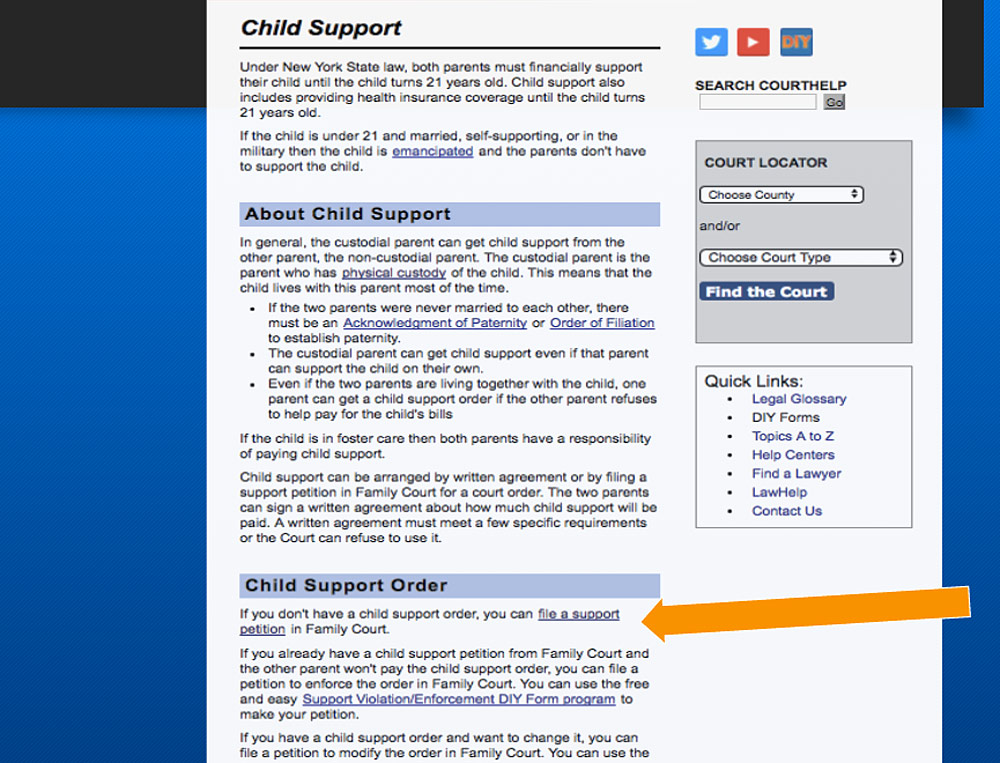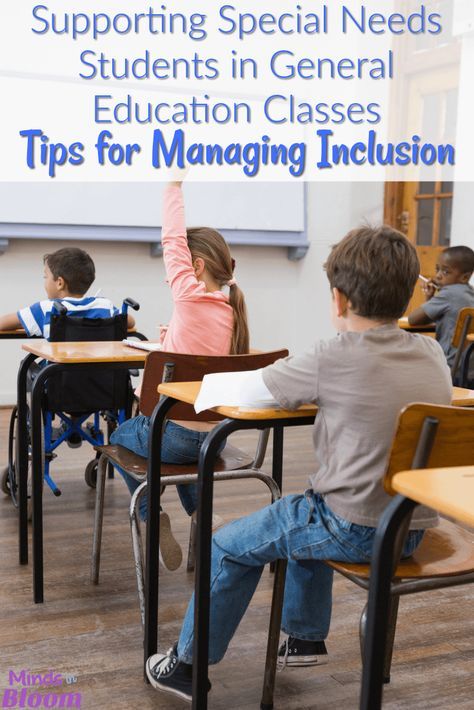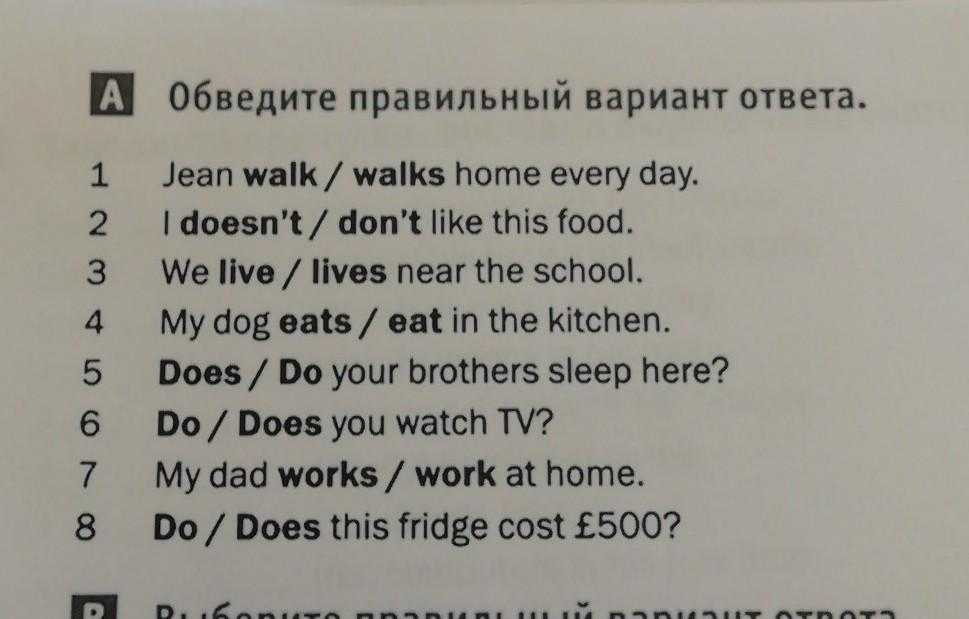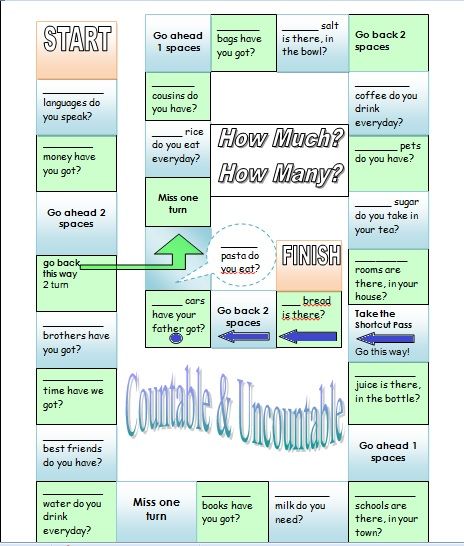How to prepare your child for school interview
Secondary Private School Interview Tips
by Stuart Rosenwald
Associate Head of School and Director of Secondary School Counseling at Fay School
I remember driving to my oldest child’s first secondary school interview. He was very verbal and used to talking with adults, so I assumed that he would interview very well. But when I gave him a practice question in the car, asking what his favorite class was, he gave a one-word answer, “English.”
Uh-oh.
Few things in the admissions process cause as much angst among parents and students as the interview. From my 25 years of preparing Fay students for this process—and going through it with my own three children—I understand both the anxiety and the opportunity that it presents.
I have seen interviews weigh heavily in the decision process either for or against a candidate. The underprepared student can find him or herself in an interview that is one-sided, stilted, and uncomfortable, while the over-prepared student runs the risk of seeming scripted and inauthentic. However, there’s no reason to view the interview with dread. With the right kind of preparation, the interview can be a real asset to your child’s application. Here are some tips for sending your child into interviews ready to make a great impression.
1. Practice, Practice, Practice
I suggest that students do at least one practice interview with an adult who is not their parent. The goal is to give rich and informative answers to each question and to keep the conversation going. Interviewers aren’t trying to stump your child. They want to draw them out and learn what makes them interesting and unique. At Fay, our eighth and ninth grade students do at least one practice interview with a member of the secondary school counseling team, and sometimes more. In the fall, our ninth graders watch our counselors role-play the interview to learn the do’s and don’t’s of interviewing well, and they also have the opportunity to meet in small groups with admission representatives from over 45 different secondary schools.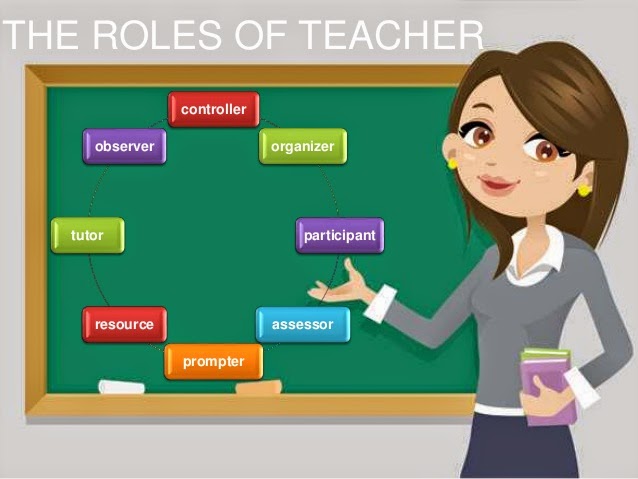 By the time the get to their own admission interviews, they are confident in the process and understand what they need to do.
By the time the get to their own admission interviews, they are confident in the process and understand what they need to do.
2. Presentation is Key
For the 20-35 minutes that the interview lasts, the spotlight is on your child, and he or she needs to dress and behave accordingly. In general, it is always better to be overdressed than underdressed. I suggest to our Fay students that they wear their usual school dress code, including blazers, to secondary school interviews. Students need to consciously avoid distracting habits like cracking knuckles, jiggling pocket change, and foot tapping. Instead, students need to focus on making an appropriate amount of eye contact and projecting a positive and energetic outlook. Finally, when you go to visit a school, parents and students should leave the technology in the car. Scrolling through a cell phone in the waiting room suggests a lack of interest and engagement.
3. Give Your Child an Agenda
Before the interview, brainstorm 3-5 discussion topics that your child will try to address during the interview.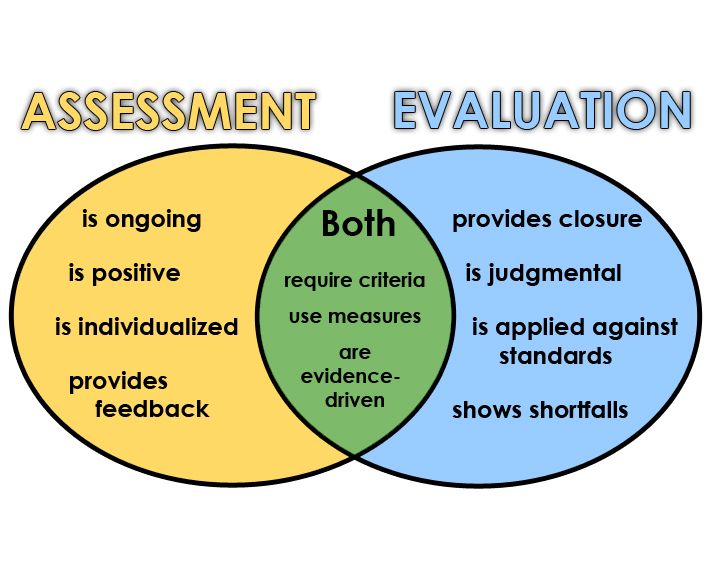 These should be points that highlight your child’s strengths and interests, and it’s a great opportunity to shine a spotlight on something that might be overlooked or left out of the written application. If your child is a heavily-recruited soccer star, there’s no need to bring that up. At this point, the school already knows. The interview is a chance to showcase other strengths and round out his or her profile as an applicant. While discussion topics should be tailored to your child’s interests, make sure that he or she is not discussing sports and activities that the school does not offer.
These should be points that highlight your child’s strengths and interests, and it’s a great opportunity to shine a spotlight on something that might be overlooked or left out of the written application. If your child is a heavily-recruited soccer star, there’s no need to bring that up. At this point, the school already knows. The interview is a chance to showcase other strengths and round out his or her profile as an applicant. While discussion topics should be tailored to your child’s interests, make sure that he or she is not discussing sports and activities that the school does not offer.
4. Things Not to Say
Like at the Thanksgiving table, there are topics to avoid during a secondary school interview. Students should not criticize their current school. Suggesting that the food could be better is fine, but complaining about the quality of the teachers makes the student look like a negative person. It may seem like common sense, but indicating to a school that they are a “back-up” school or that the child is only there because the parents have required the visit is also a very bad idea.
5. Ask Questions
At the end, interviewers will always ask if the applicant has any questions. Having some questions prepared will make your child seem interested and interesting. Not having questions gives the opposite impression. This is a great opportunity to circle back to a prepared discussion topic that didn’t come up in the interview. For example, one of our students at Fay writes and illustrates children’s books and presents them to our Primary School students. What a fantastic thing to talk about in an interview! If the topic hadn’t come up, she could mention it, in the form of a question, by noting that she started this club at her current school and ask whether students have the opportunity to do something similar at the prospective school.
6. Don’t Forget to Prepare for the Parent Interview
Parents are often so focused on their child’s interview performance that they neglect to prepare for their own. Admission officers will usually meet with parents for 10-25 minutes, where they try to get a sense of the child from your perspective. What is the applicant like as a son or daughter? What is he or she like as a sibling? What are his or her strengths and weaknesses? Parents should approach these questions with honesty, optimism, and authenticity. For example, if your child has had issues with organization, you can mention it, but put a positive spin on it by talking about how much progress has been made.
What is the applicant like as a son or daughter? What is he or she like as a sibling? What are his or her strengths and weaknesses? Parents should approach these questions with honesty, optimism, and authenticity. For example, if your child has had issues with organization, you can mention it, but put a positive spin on it by talking about how much progress has been made.
The interview is your child’s chance to show the school what an asset he or she would be to their community. With a little preparation, there’s nothing to fear.
How To Prepare Your Child For A School Interview
Nowadays, every school across the world, especially private ones, schedules interviews before admission. And not just secondary school students, but very young children also are being interviewed to see how prepared they are with the basics to start schooling. Now, the issue lies not with adults but with children.
Because it's difficult to teach a little child everything while also making a positive first impression. Follow along with this article to know in detail about how to prepare your child for an interview.
Follow along with this article to know in detail about how to prepare your child for an interview.
Now, before we delve into the tips and tricks of interview preparations for your child, let us first assess the whole objective behind school interviews.
Primarily, it may seem like the interview is an assessment of the kids, but there are certain other purposes attached to it. The goal may differ from one system to the next and from one school to the next, but the basic principles remain the same:
● To learn more about a pupil than what is stated on an application or in school reports.
● For parents to learn everything about their queries related to the international school or their children.
● To explain the enrolment process and when the school may be able to offer a place if vacancies are full or have not started yet.
● For the school to explain their policies, ethics, rules, regulations, and how the system works, as well as to highlight the differentiating qualities they provide.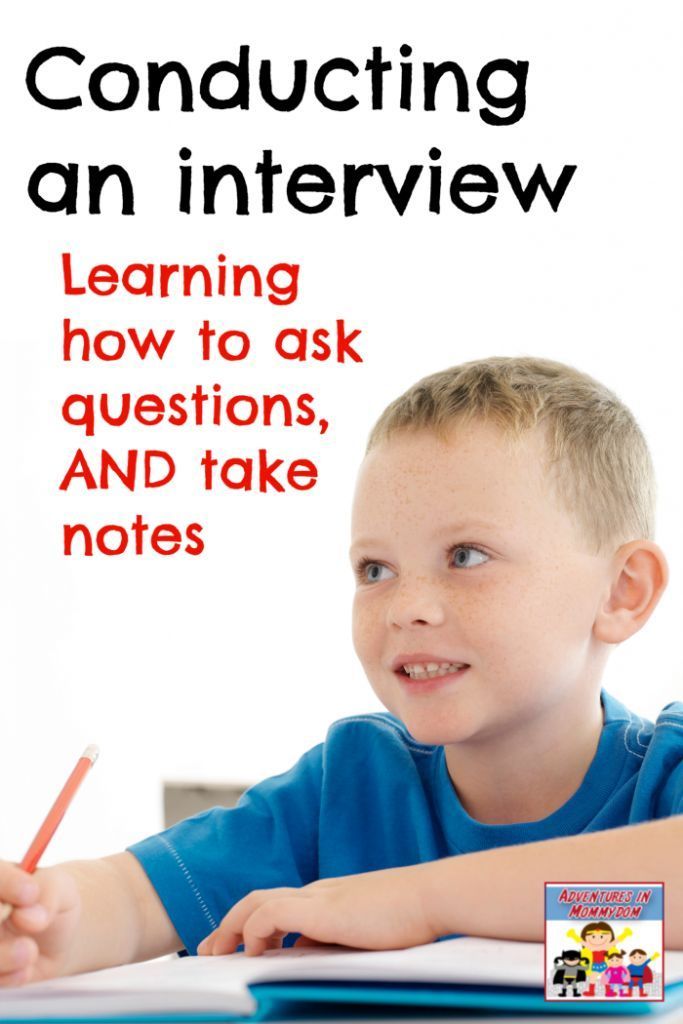
School Interview Tips for Children
Let us now find out about the top tips and tricks that can help parents prepare their children well for school interviews.
1. Spend Time
You should devote time to your child's education on a regular basis. Spend daily time with your kids and teach them new things.
Create a pattern and a time when you advise your child to concentrate solely on the learning aspect, ignoring the enjoyable aspects. Although this will be challenging if your child is a toddler, he or she will learn with time, and your perseverance will pay off. This will assist the child in brushing up on skills and learning quickly.
2. Teach Them to Be Confident
A majority of the children are hesitant to share their opinions in front of outsiders. This results in creating a stumbling block during the admissions process.
Advise the child to stop being self-conscious in front of others. The only way to tackle the round of child interview questions is by teaching them to make eye contact, shake hands, and answer inquiries to teach them how to introduce themselves.
2. Provide Detailed Information
One of the most important things to do as a parent before approaching a school is to do a thorough research of the probable schools they have in mind.
It's very important to learn everything about the school where the child is going to be enrolled. Schools are very clear about what they want from their future students.
One easy way to do this is to ask the parents of children who are currently enrolled in that school about what questions they ask during the interview and written test.
Also, you might look up common interview questions for students and help your child with some basic knowledge. Gather all available information, make a list of the most often asked questions at the school, and begin with those questions in mind. This will undoubtedly assist your child in preparing for the interview.
4. Dressing Sense
Not only at the moment of interviews but always teach a youngster to dress neatly. Teach them to set their hair and correctly comb it.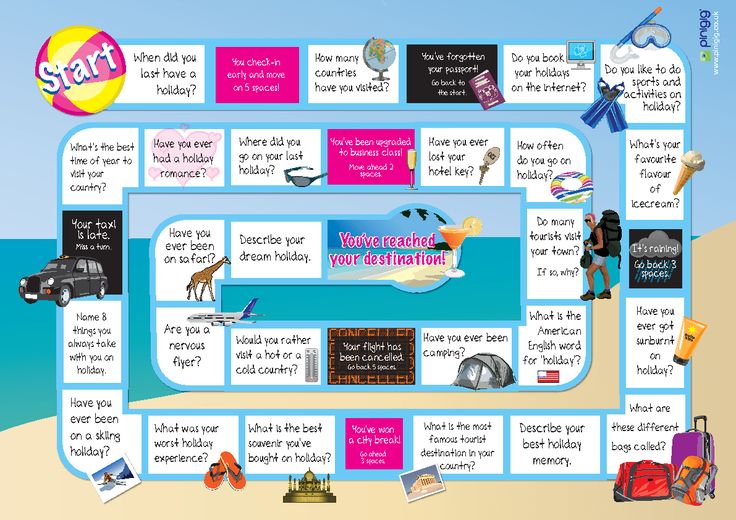 Dress them in comfortable, breathable clothes.
Dress them in comfortable, breathable clothes.
It's not just about what parents are wearing. Keep basic formal attire. Glitter ornaments or colours that are bright, sparkly, or dazzling should be avoided.
5. Build Skills
Another very effective way to prepare your child for an interview is to involve them in physical activities. Include your youngster in domestic activities such as putting toys away and clearing their plates.
Make communication, interaction, and other skills a regular part of your day and a game. Because you won't be able to teach these skills to your child in a single day, you need to get started as soon as possible.
Because these skills take time to develop, so don't put too much pressure on your child a month or week before the admissions test.
6. Leaving Good Impression with Your Etiquettes
At times, the first impression is enough to create the last impression. And for that to happen, a child must be taught manners and etiquette from home itself.
Once they behave well and correctly at home, they would automatically be on their best behaviour during interviews. Gestures like politeness, saying thank you, please, and addressing faculties as Sir or Ma’am are the correct ways to behave as well as to create a strong first impression.
7. Help Them to Overcome Their Phobia
Another key step is to create a safe haven for your youngster. Because of their uneasiness in the context of interviews and admission, the majority of children developed school phobias.
Look around to see if anyone else you know is applying to the same school. If your neighbour or a friend is doing so, you may strengthen your bond with them and find your kids a new companion so they don't feel isolated.
School Admission Interview Questions
With constant progress in education, the idea of schooling and making children prepare for the future has been set on a whole new level. Nowadays, very few schools design such common interview questions for kids like.
● Parent’s name,
● Names of shapes,
● Names of colours,
● National anthem, national song,
● Names of fruits, vegetables, etc.
Instead of these, focus on things like:
● Name of the country,
● Area of residence,
● Occupation of parents,
● Name of the particular school where the child is interviewed.
Other than these, also make the child aware of the surroundings. There is a lot to learn from there.
It has often been seen that interview questions for child admission to school consist of surprising questions which can be doled out to the kids to test their observation and memory.
Therefore, the best way to prepare your child for an interview is to make them curious about their surroundings. Placing these interesting tasks in front of them helps give a lot of encouragement to these youngsters, and also helps to boost confidence and awareness significantly.
Things like some new words from books, advertisements from posters or hoardings, number patterns of car license plates, etc help manifold.
Following are some of the very common interview questions for class 1 admission:
1. What subjects do you like the most?
2. What do you do as a hobby?
3. How do you spend your spare time?
4. What books do you read?
5. Tell me about your family?
Now, let us have a look at some of the interview questions for child nursery admission:
1. Drawing something.
2. Identifying colours, objects, fruits, vegetables, etc.
3. Writing down their own name.
4. Counting numbers from 0 to 10 etc.
Role of Parents
Barring the child, you as parents have significant roles to play when it comes to the question of how to prepare your child for an interview. Let us know what to be done on the parent's part.
● You must remain absolutely flexible when it comes to scheduling interviews. The majority of interviews take place during the school day.
● Do not respond to any questions aimed at your youngster. Allow your youngster to respond to questions themselves, and say what comes to their mind.
This way, the faculties also get to know the strengths or shortcomings of the child.
● Punctuality is the key! And it also speaks discipline. So, always arrive on time. If you're running late, call the school to inform them. Allow plenty of travel time so that you and your child are both relaxed and prepared for the meeting.
● Pay attention to the interviewer, avoid interrupting them in between, and make sure to address any inquiries that you have as a parent. Also, don’t hesitate or feel uneasy to send an email with further questions after the interview.
Conclusion
These were some of the general school interview questions for students, which would get parents to have an idea as to what and how to prepare their kids for school interviews.
Hence, not only the child, but the parent must also simultaneously work to prepare their child for an interview.
How to prepare a child for an interview at a private school abroad
An interview at a private school is stressful for most children.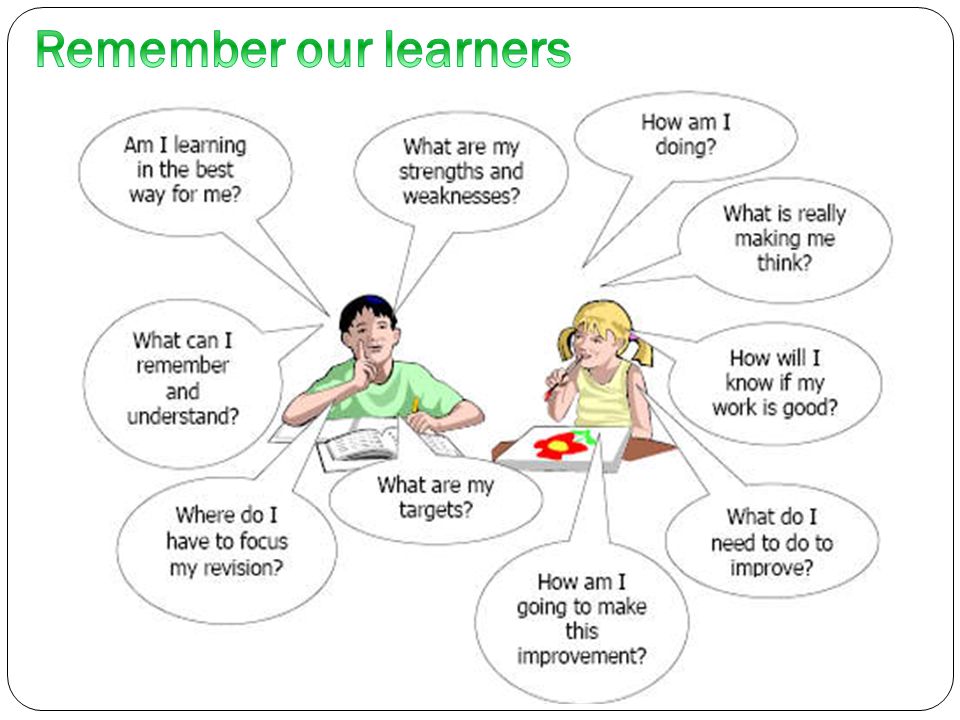 It is important to make a good impression on the members of the selection committee, correctly compose answers to questions and not get confused at the most inopportune moment. We, STUDIES&CAREERS specialists, are sure that an interview should not cause sleepless nights. The main thing is to prepare properly and everything will pass with minimal loss of nerve cells and the best possible result. Here are our tips on how to pass an interview at a foreign school.
It is important to make a good impression on the members of the selection committee, correctly compose answers to questions and not get confused at the most inopportune moment. We, STUDIES&CAREERS specialists, are sure that an interview should not cause sleepless nights. The main thing is to prepare properly and everything will pass with minimal loss of nerve cells and the best possible result. Here are our tips on how to pass an interview at a foreign school.
Find out as much as you can about a private school abroad and let your son/daughter learn the information
what he knows about the proposed training programs, extra-curricular circles, the principles of the educational institution. The admissions committee will not appreciate if a potential student during the interview is surprised that they do not have a school football team. All information is easily accessible online. For example, you can find out the main points by reading the descriptions of private foreign schools on the corresponding page of our website.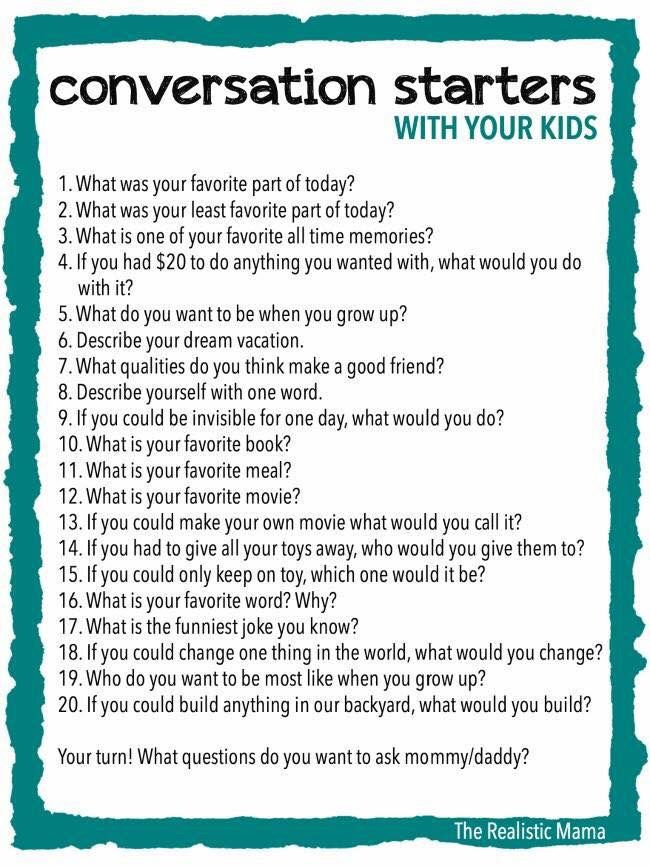 The child must show the admission committee that he wants to study with them. During the interview, it is worth making comments like this: “I know that your school has a great music program. Would you mind telling me a little more about her?"
The child must show the admission committee that he wants to study with them. During the interview, it is worth making comments like this: “I know that your school has a great music program. Would you mind telling me a little more about her?"
Prepare your child for the interview
Children often get very excited during communication (especially interviews!) with adult strangers. Try to prepare your child in advance for an unusual experience. Find a list of the most frequently asked interview questions and help write sample answers to them. It is important to give freedom to the child and not get carried away by memorizing the entire “performance”. During the conversation, you should keep your back straight and do not forget to look the interlocutor in the eyes. At the end of the conversation, say "thank you" and shake hands with the admissions officer.
There are significant differences between interviewing high school students and younger children. The former are expected to be interested in current events in the world. They are often asked about why they want to change schools and complete their secondary education abroad. Younger children may be asked to play with other students, so warn your child ahead of time to be polite and not withdraw.
The former are expected to be interested in current events in the world. They are often asked about why they want to change schools and complete their secondary education abroad. Younger children may be asked to play with other students, so warn your child ahead of time to be polite and not withdraw.
List of the most common interview questions:
Tell us a little about your family
The child should describe family members and their interests, but avoid negative or overly personal stories. Family traditions, favorite family activities, or even vacations are great topics to share.
Tell me about your interests
Warn your child not to make up interests. Let him talk about real talents and inspirations in a thoughtful and natural way.
Tell us about the last book you read
Ask your son/daughter to think about the books you read recently and what he/she liked or disliked about them. At the interview, statements such as: "The story left me indifferent because it is too complicated" should be avoided. It is worth talking about the content of the books.
At the interview, statements such as: "The story left me indifferent because it is too complicated" should be avoided. It is worth talking about the content of the books.
Dress for the right outfit
Find out what the dress code is for private school students overseas for interviews and simply choose the right outfit. For example, if the kids are wearing white button-down shirts, do the same and don't dress your child in a T-shirt. It will look impolite and out of place on the day of the interview.
Don't worry
This applies to both parents and children. Employees of the admission committees of private schools in Ireland, Italy, the USA, Switzerland perfectly understand the child and see if he is ready to cry from stress, because. mom or dad gave too much advice and guidance. Before the interview, parents should give their son/daughter a big hug and say, “Yes, you and I like this school, but if you don’t suit them, then we will find a better one.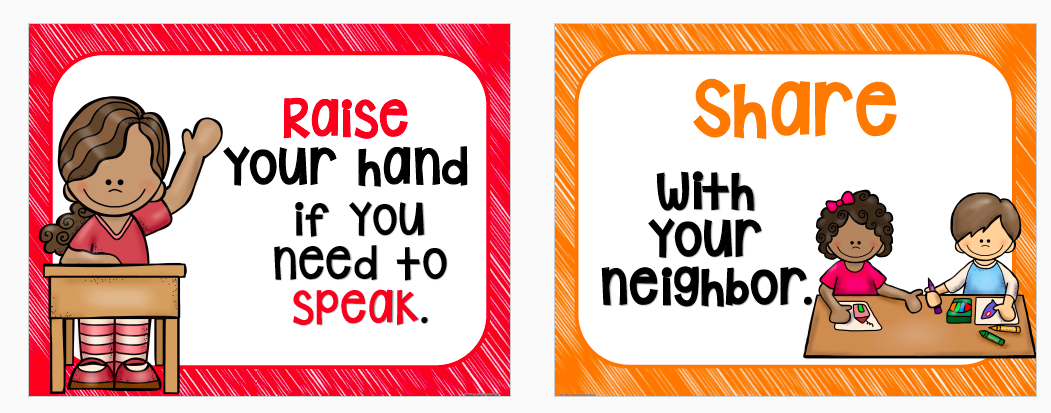 Just be yourself".
Just be yourself".
Avoid overtraining
Private schools have become wary of students who prepare too thoroughly for interviews. What do we mean? Many are so engrossed in drawing up the ideal portrait of a student that they lose themselves. The child should remain himself, be natural and talk about true interests. It's not worth talking about how passionate he is about chamber music, if he's really crazy about basketball.
For more information about teaching children abroad and enrolling in private schools in England, the USA, Canada and other countries, please contact STUDIES&CAREERS consultants.
Good to read:
- 4 benefits of studying at an international school
- Are Private Schools Worth the Money?
- 5 Mistakes to Avoid When Applying to Foreign Private Schools
How to prepare a child for an interview before entering school
When enrolling in a school, a future first-grader is invited for an interview
The modern educational standard of elementary school is designed in such a way that a child must attend a preparatory group of a kindergarten or an educational center before entering the first grade in order to acquire a certain amount of knowledge and form the necessary skills and abilities. The interview should reveal the degree of preparedness of the child for school. The time when the interview is scheduled, its duration and the specifics of the tasks, each school determines for itself. But it is possible to identify common areas and prioritize them.
The interview should reveal the degree of preparedness of the child for school. The time when the interview is scheduled, its duration and the specifics of the tasks, each school determines for itself. But it is possible to identify common areas and prioritize them.
The interview begins with questions about the child's name, does he know his address, phone number. Sometimes they ask questions about parents - what is their name, what is their profession. Then there are questions that test the level of awareness of the world around. What is the name of the country where he lives? Can he name domestic animals and their cubs? Does the future first grader know the names of the days of the week, their order, and the months - winter, autumn, etc.? How is one season different from another? Does the future student know fairy-tale heroes? Such a conversation will allow you to check the ability not only of the level of awareness of the child, but also his ability to conduct a dialogue, to reason.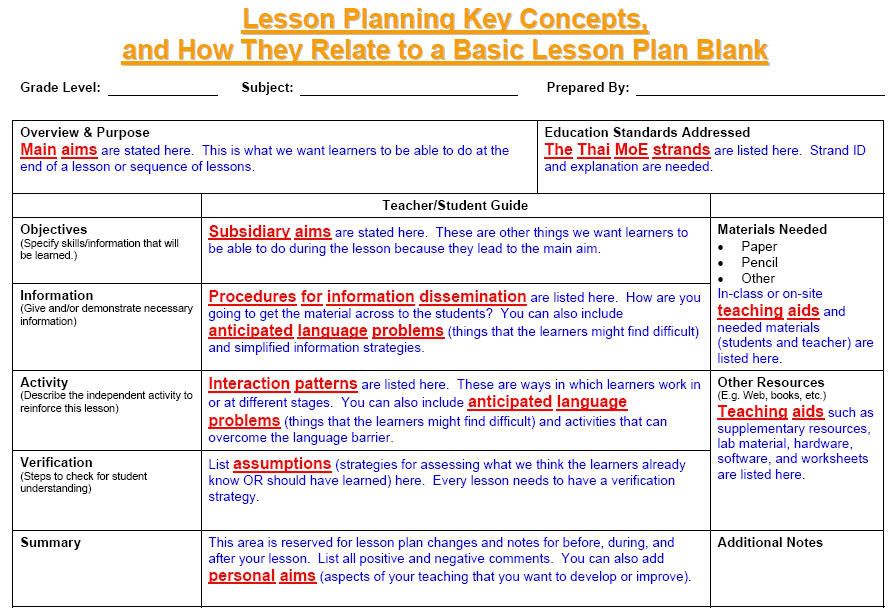
Remember to include your child in the world around him. And do it ahead of time. It is impossible to remember everything on the eve of coming to school. Read children's encyclopedias with him, watch educational programs on TV, read literary and folk tales.
Mathematics test
Mathematics test of a child usually begins with the ability to perform calculations within 10. It is very important that the future first grader do this in his mind, without resorting to the help of his fingers. He must easily pronounce the numbers in forward and reverse order, accurately show the named number and know the neighbors of the number - that is, he understands what the next and previous number are. It is very good if the baby calls the neighbors of a two-digit number.
What should I pay attention to? Practice all the time: what number comes before 5? Which one comes after 8? When a child confidently calls the “neighbors” of all numbers, it means that he has made significant progress. Then you need to start the most important work, without which it will be very difficult for a first grader in mathematics lessons at school: to learn the composition of numbers within 10. For example, 7 is 6 and 1, 5 and 2, 3 and 4. This will allow the first grader when solving examples think correctly according to the algorithm: “7-2, 7 is 2 and 5. So, 7-2 will be 5.”
Then you need to start the most important work, without which it will be very difficult for a first grader in mathematics lessons at school: to learn the composition of numbers within 10. For example, 7 is 6 and 1, 5 and 2, 3 and 4. This will allow the first grader when solving examples think correctly according to the algorithm: “7-2, 7 is 2 and 5. So, 7-2 will be 5.”
Fundamentals of elementary geometry
Does your child know geometric shapes - squares and rectangles, circles and ovals, triangles? Can you name them with confidence? Sometimes in the pictures offered during the interview, where all the geometric shapes are presented, there are geometric bodies. Therefore, we propose to gradually introduce the concept of a geometric body so that the future first-grader can cope with this task.
What should I pay attention to? Offer the child a picture where all the geometric shapes will be. And not just one, but different colors and sizes. You can number each figure and ask them to name the numbers of all triangles, circles, squares.
Some children can't tell the difference between an oval and a circle, a rectangle and a square. Constantly remind them of their signs: the oval is elongated, and the square has all the same sides. It is advisable to introduce the child to the rhombus.
The Basics of Literacy
A well-prepared hand for writing is the key to a child's success in literacy classes. Therefore, when entering school, they will definitely check how the future first grader has developed fine motor skills. Some schools suggest copying a sentence in block letters, others in written letters. There are tasks that check how the child copies in the cells.
What should I pay attention to? Prolonged, correct and regular preparation of the hand is required. When you select prescriptions, pay attention to the tasks being varied. Not only "sticks-hooks-eyes", but also hatching, and a wide variety of coloring. Immediately pay attention to the child holding the pencil correctly. Does your child attend additional art classes? This is a very good help in preparing the child for the first grade. Does he use scissors when making crafts? Difficult? Offer to carve something very beloved. Girls - princesses, castles, dolls, toys, favorite cartoon characters. For boys - transport, adorable dinosaurs and turtles. Drawing with sand, using plasticine, clay for crafts is very useful. It's important to do this all the time.
Does your child attend additional art classes? This is a very good help in preparing the child for the first grade. Does he use scissors when making crafts? Difficult? Offer to carve something very beloved. Girls - princesses, castles, dolls, toys, favorite cartoon characters. For boys - transport, adorable dinosaurs and turtles. Drawing with sand, using plasticine, clay for crafts is very useful. It's important to do this all the time.
There is a misconception that a child who is in a virtual space and confidently works with the buttons of smartphones and computer keys also works with his hands, strengthening fine motor skills. Unfortunately, it is not. The classic way to prepare your hand for writing is the surest. And most importantly, time-tested.
What else needs to be noted?
- It is important to check the baby's attention in advance. For this, a good game "What has changed on the table" is usually used. A good, capacious memory of the child guarantees success in mastering the program material.
 Therefore, a series of words (about 10) are read, which are offered to be repeated. Try to do all this with your baby, and you will understand in which direction you need to work.
Therefore, a series of words (about 10) are read, which are offered to be repeated. Try to do all this with your baby, and you will understand in which direction you need to work. - Be sure to memorize poems with your child. Usually, collections of good children's poets offer small poems on various topics: about family, animals, toys, friends. They are simple in content, their topics are close to the child. Barto, Marshak, Blaginina, Zakhoder, Vysotskaya have been known for a long time. We like the work of contemporary children's poets Anastasia Orlova and Masha Rupasova. Read their poetic fantasies - witty, funny. They fascinate with their understanding of child psychology.
Pay attention to how clearly the child pronounces the poetic lines, whether he understands the meaning of the story. Be sure to talk with him about what the poetic text is about, whether he likes the main characters.
The child is old enough to be able to answer such questions.
- Quite often, after a short text offered to a child for reading during an interview, questions are asked for understanding the content.
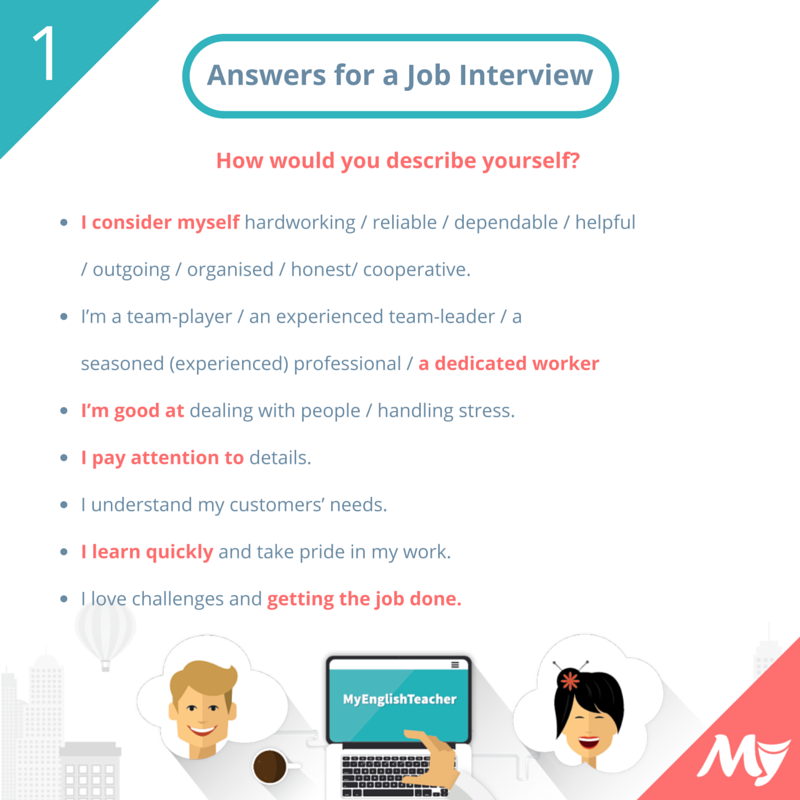 Or they are asked to retell the text. It is necessary to prepare the child for this. How? Read fairy tales to children. But do not forget that many folk tales are incomprehensible to a child. Their meaning must be immediately explained. Otherwise, the child will lose interest in the plot. Then be sure to talk to him about what you read. What did you like? Why? Ask more content questions. “The bunny had a bast hut, and the fox had an ice hut. Spring has come, the fox's hut has melted. Ask: “Who had a bast hut? And what was the fox? What happened when spring came? Etc.
Or they are asked to retell the text. It is necessary to prepare the child for this. How? Read fairy tales to children. But do not forget that many folk tales are incomprehensible to a child. Their meaning must be immediately explained. Otherwise, the child will lose interest in the plot. Then be sure to talk to him about what you read. What did you like? Why? Ask more content questions. “The bunny had a bast hut, and the fox had an ice hut. Spring has come, the fox's hut has melted. Ask: “Who had a bast hut? And what was the fox? What happened when spring came? Etc.
Then we proceed to the most important. Ask the child to retell the text they heard.
Sometimes children try to tell almost by heart. This is also not very good, because what you need is not a "photo" of the text, but the child's transmission of its content. What to do if it doesn't work? Or retells uncertainly? It's OK. Read the text again. In this type of activity, the system is important. And patience.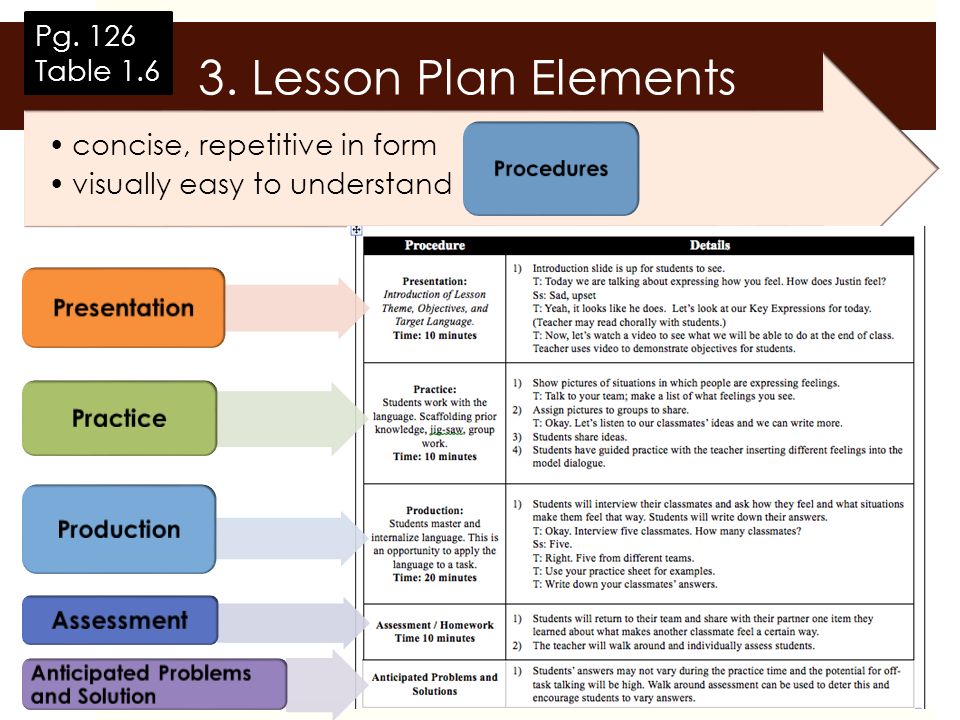 And soon everything will work out!
And soon everything will work out!
- It takes a while for children to make up a story from a picture. This task is also often offered to the future first grader. We prepare in advance. Modern publishing houses offer many illustrated children's magazines. It is good if you have the opportunity to subscribe to such periodicals for your child. We like the magazines Cheerful Kolobok, 3/9kingdom”, an appendix to the Yula magazine called “Sanka in the land of fairy tales”. They are very good for reading aloud to a child. In addition, they have a lot of bright plot pictures. Have them cut out and put in the correct order. Then, together, show imagination and make up a story. Listen to what sentences the child operates: common or non-common. For example, "Grandma knits." This is an uncommon suggestion. And if so: “An old grandmother sits in an armchair and knits socks” - this is a very good common sentence. In it, all words are correctly connected in meaning and grammatically. Be sure to pay attention to whether the sentences that the child offers are linked together in a coherent text.



